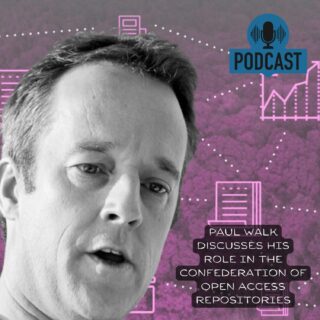Shielded from the complexities of the underlying IT systems, the API economy is giving birth to a new breed of online entrepreneurship. How do we get things (products, services, information) to people in new and exciting ways? How do we create new experiences that blend the online, compute power and the physical?
Raman Ganguly, technical director of Phaidra, leads this roundtable with academics from the digital humanities space.
- Prof. Franco Niccolucci — Former professor of the University of Florence and of the Science and Technology in the archaeology Center of the Cyprus Institute.
- Marta Palandri — Software Developer at University of Applied Arts, Vienna
- Dr. Arianna Ciula — Senior Analyst and Deputy Director at King’s Digital Lab
- Prof. Elisabetta Lazzaro — Professor of Creative and Cultural Industries Management at Business School for the Creative Industries, University for the Creative Arts
This podcast is an excerpt of the full round table on Digital Humanities in the API Economy that can be found on the Phaidracon website:
https://phaidracon.univie.ac.at/2021/day-2-november-18-2021/



